
Apple Agrees to Pay Out Users From $95,000,000 Fund After Lawsuit Accused Siri of Listening to Private Conversationsa

Apple’s $95 Million Siri Settlement: What It Means for Users and the Future of Voice Assistants
For years, iPhone users have asked the same question: Is Siri secretly listening to my conversations? Now, that suspicion has taken on new weight. Apple has agreed to a $95 million settlement following a class-action lawsuit that accused its Siri voice assistant of recording private conversations without users’ consent.
The lawsuit alleged that Siri often activated unintentionally, capturing and even sharing sensitive conversations with third parties, including advertisers. This case affects tens of millions of users and raises critical questions about digital privacy, data security, and how far convenience-driven technology can go before crossing ethical lines.
The Privacy Controversy: When Siri Went Too Far
At the heart of the controversy are accusations that Siri recorded conversations without explicit permission. Reports revealed that Siri sometimes activated without a clear “Hey, Siri” command and picked up snippets of conversations that were never meant to leave the room.
Some examples presented in court were unsettling:
-
A casual mention of “Air Jordan sneakers” led to a flood of targeted sneaker ads.
-
A discussion about dinner plans at Olive Garden triggered promotions for Italian restaurants.
-
Perhaps most concerning, a confidential medical conversation involving a minor allegedly resulted in targeted ads for treatments, even though the child didn’t have an Apple account to give consent.
These instances underscore the deep ethical and privacy concerns surrounding voice-activated technologies, particularly when sensitive data is collected without users realizing it.
The Rise of “Hey, Siri”

Apple first introduced the “Hey, Siri” feature with iOS 8 in September 2014, offering users hands-free voice activation. Initially, the function only worked when the device was plugged into power.
By 2015, with the release of the iPhone 6s and 6s Plus — powered by the M9 motion coprocessor — Siri became truly “always on.” Over time, compatibility expanded across Apple’s ecosystem:
-
iPhones from the 6s onward
-
Apple Watch (Series 3 and later)
-
iPads (Pro, Air, and newer generations)
-
HomePod and HomePod mini
-
AirPods (second generation and later)
-
Macs with Apple silicon
Apple built efficiency and privacy into Siri’s architecture. Local voice recognition, anonymous Siri identifiers, and user-controlled voice data options were touted as major privacy safeguards. Yet, despite these measures, the lawsuit claims that Siri’s accidental activations revealed significant gaps between Apple’s promises and reality.
Settlement Analysis: Breaking Down the $95 Million
The settlement covers Siri usage between September 17, 2014, and December 31, 2024, a period that saw the evolution of voice technology:
-
2014 – Initial release requiring power connection
-
2015 – Always-on capability introduced
-
2016–2024 – Continuous improvements in accuracy, AI, and machine learning
-
Expanded privacy controls and new data management options
Key financial details include:
-
Total settlement: $95 million
-
Individual compensation: Up to $20 per eligible Siri-enabled device
-
Legal fees: $28.5 million in attorney fees plus $1.1 million in expenses
-
Net funds for users: Approximately $65.4 million after legal costs
While $95 million sounds substantial, critics point out that this amount represents less than nine hours of Apple’s global profits — highlighting the limited financial impact on the company.
Apple’s Response: Privacy Promises Under Fire
Apple has repeatedly denied any wrongdoing, maintaining that Siri recordings were only used to improve the assistant’s performance.
“Siri data has never been used to build marketing profiles and it has never been sold to anyone for any purpose,” an Apple spokesperson told BBC News.
Tim Cook, Apple’s CEO, has long championed privacy as a fundamental human right. In public statements, he reaffirmed the company’s commitment to privacy-first innovation, even as the settlement suggests a serious need to restore consumer trust.
Public Reaction: Outrage, Skepticism, and Distrust
News of the settlement sparked a firestorm on social media. Many users expressed disappointment that a company known for touting privacy as a selling point could be implicated in such a case.
On platform X (formerly Twitter), one user wrote:
“Pretty shameful that Apple — of all companies — got caught eavesdropping.”
Others noted how insignificant the payout is to a trillion-dollar company:
“$95 million is pocket change for Apple. Maybe 1% of their daily profits. Where’s the accountability?”
This sentiment reflects a growing skepticism toward tech giants and their ability — or willingness — to safeguard user data.
Balancing Ethics and Innovation
The Siri case highlights a critical tension in modern tech: innovation versus privacy. Voice assistants deliver remarkable convenience, from hands-free texting to smart-home integration. But with convenience comes risk.
To prevent future breaches, experts argue that tech companies must:
-
Build privacy protections at the design stage
-
Provide clear, accessible transparency about data collection
-
Offer users more granular control over what data is stored and shared
-
Ensure compliance with regulations like the EU’s General Data Protection Regulation (GDPR)
Consumers also have a role to play. Understanding how these technologies work — and the permissions they request — is essential for making informed choices. Supporting digital rights organizations can also help pressure companies to maintain higher ethical standards.
Legal and Industry Implications
U.S. District Judge Jeffrey White is expected to finalize the settlement soon. While Apple has avoided admitting wrongdoing, the case sets an important legal precedent: even tech giants are not immune from accountability when user privacy is compromised.
The case is likely to reverberate throughout the industry, pushing competitors like Google, Amazon, and Microsoft to reassess their privacy protocols for voice assistants. As voice technology becomes ubiquitous in everything from smart speakers to cars, privacy-by-design may soon become the industry standard — or risk triggering more lawsuits and regulatory crackdowns.
The Bigger Picture
The Siri settlement is more than just a financial agreement; it’s a wake-up call. As voice assistants and AI-driven devices become deeply woven into daily life, the stakes for digital privacy have never been higher.
For Apple, the $95 million payout may be financially negligible, but the reputational cost is significant. Restoring consumer trust will require more than statements — it will demand transparency, stronger safeguards, and demonstrable accountability.
News in the same category


Tips for Selecting High-Quality Eggs

The Mystery of the Milk Bottle Dent

Think Twice Before Putting Parchment Paper in the Oven
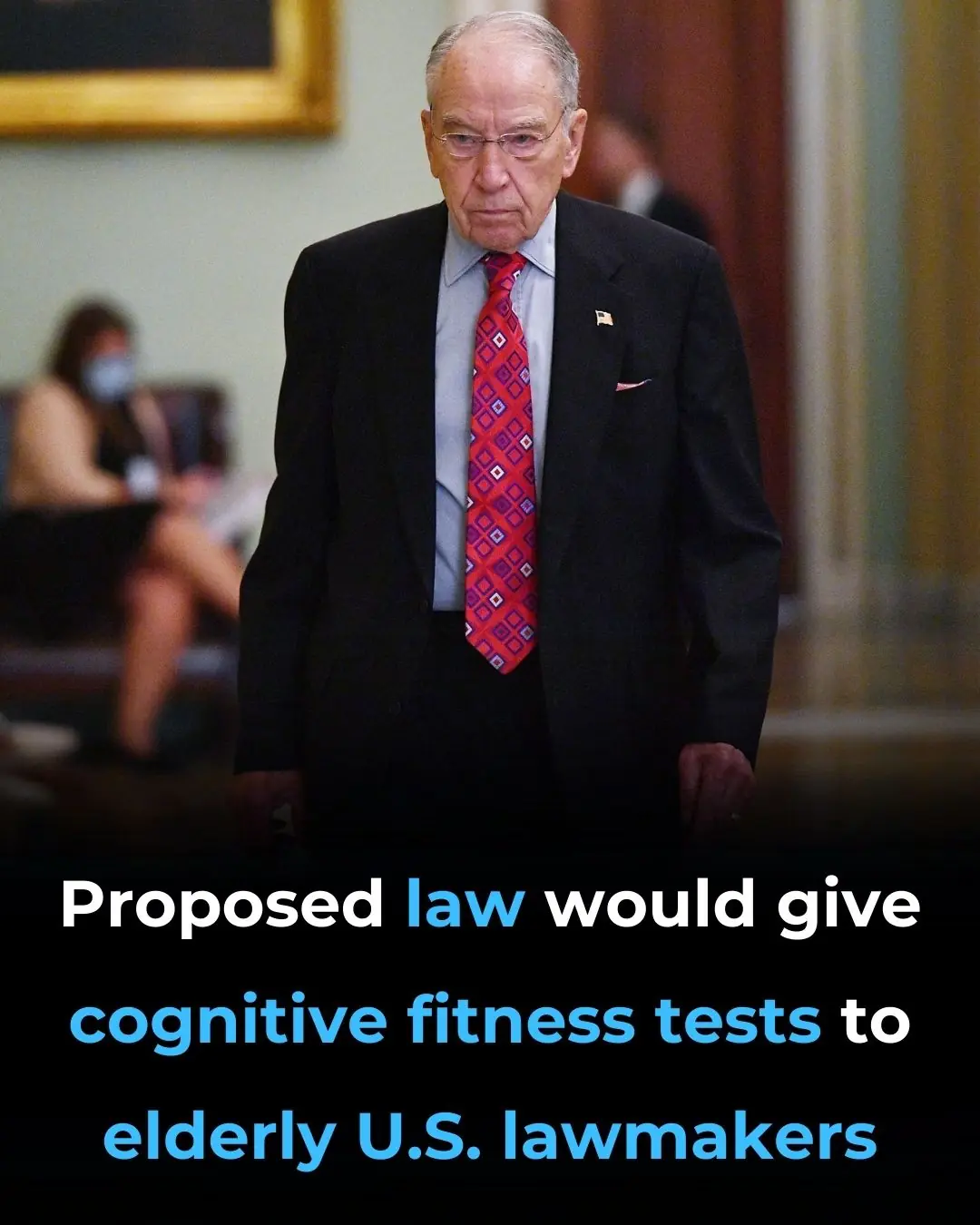
Proposed Law Would Give Cognitive Fitness Tests To Elderly U.S. Lawmakers

How she got her wealth might surprise you too 👀
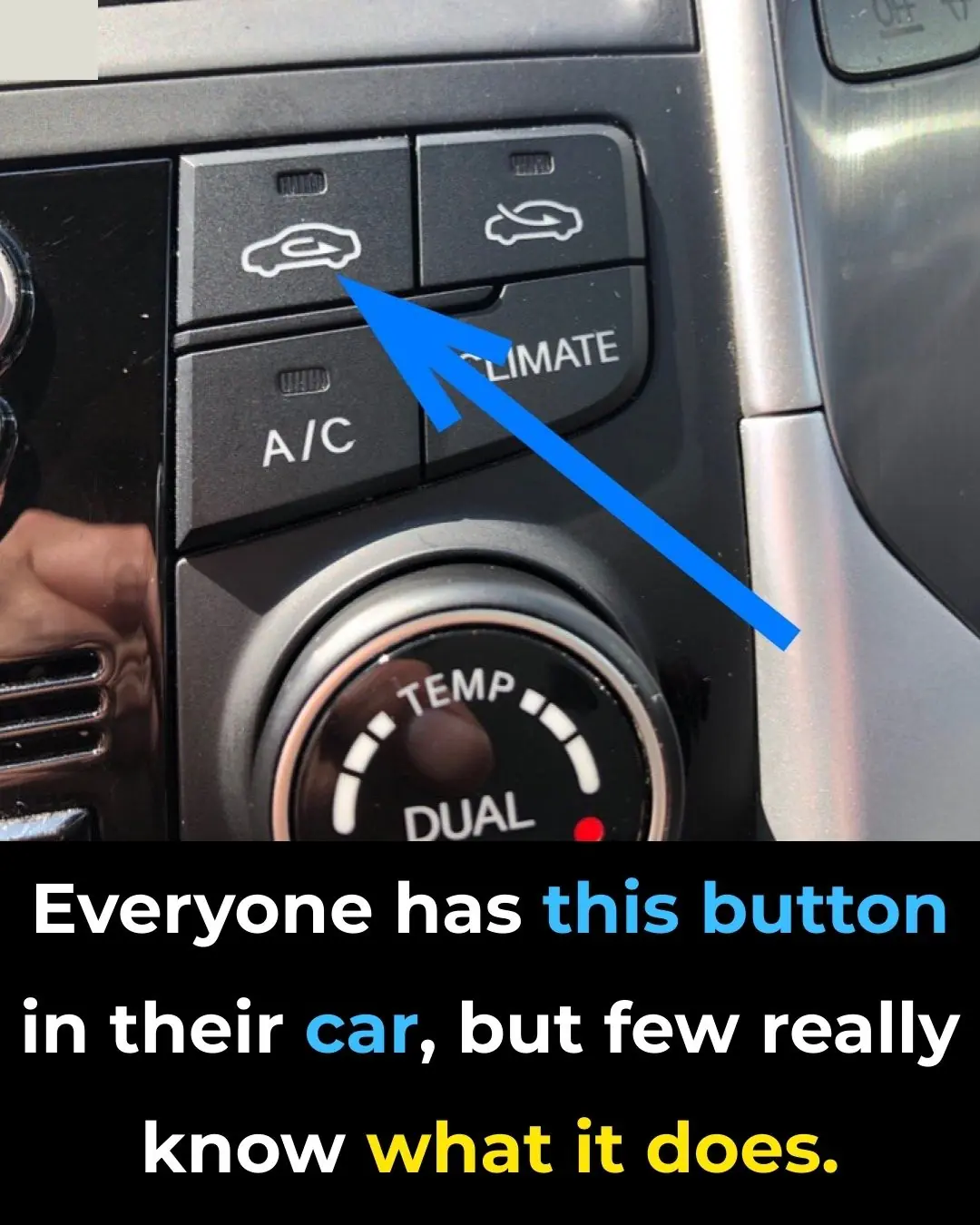
What Is This Button In The Car For

How Long Cooked Food Can Stay In The Refrigerator

Unbelievable: China is About to Launch the First ‘Pregnancy Robot’ to Carry a Baby

This Is How These 10 Worldwide Famous Kids Look Like Now
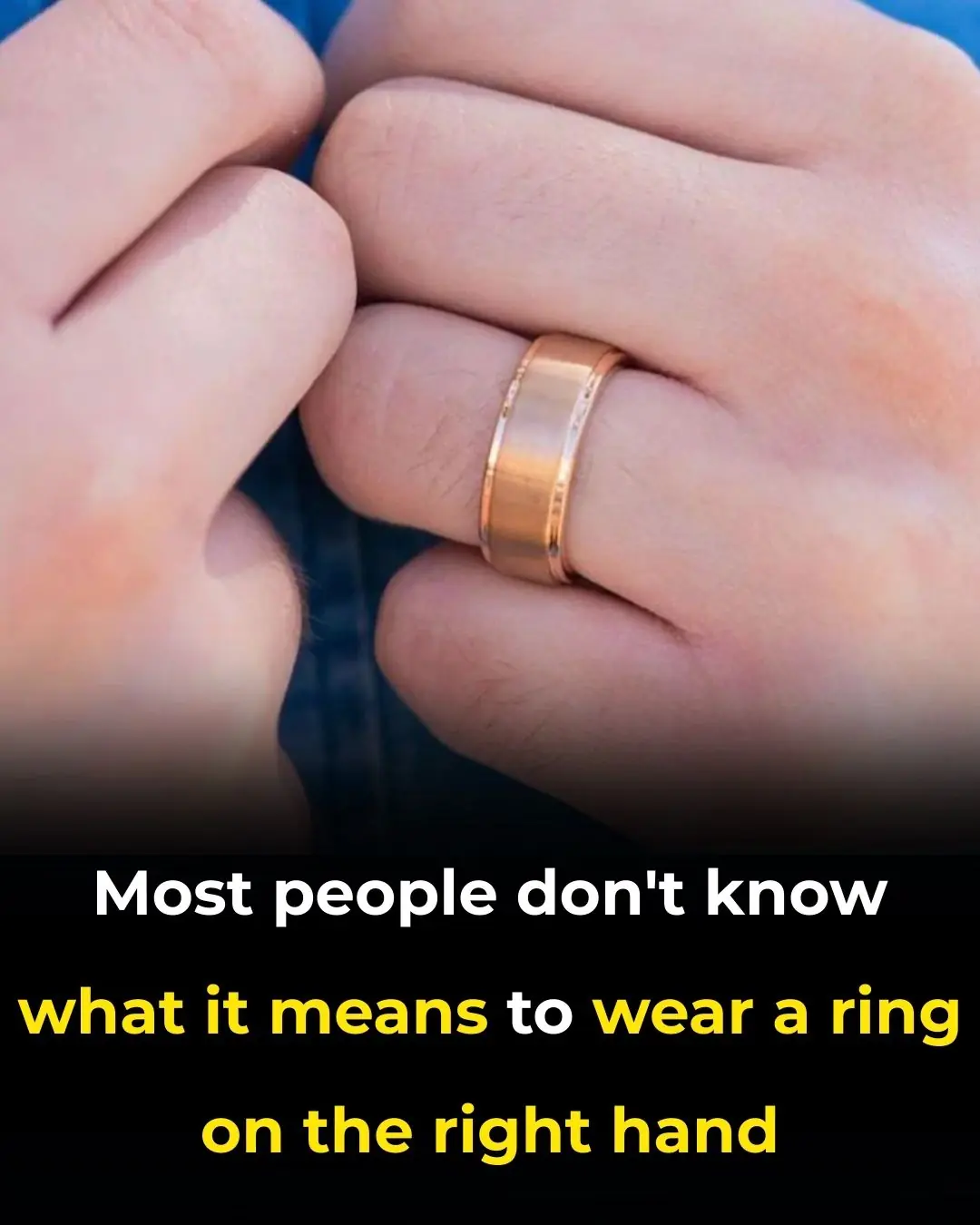
What Does It Mean To Wear a Ring On The Right Hand

Hotel Workers Reveal What Goes On

Scientists Explain Why ‘Doing Your Own Research’ Leads to Believing Conspiracies

The Richest Americans Still Die Earlier Than the Poorest Europeans

Ring Finger Longer Than An Index Finger

She Spent $70,000 on Cosmetic Procedures — Now She’s Owning Her Beauty Despite the Backlash
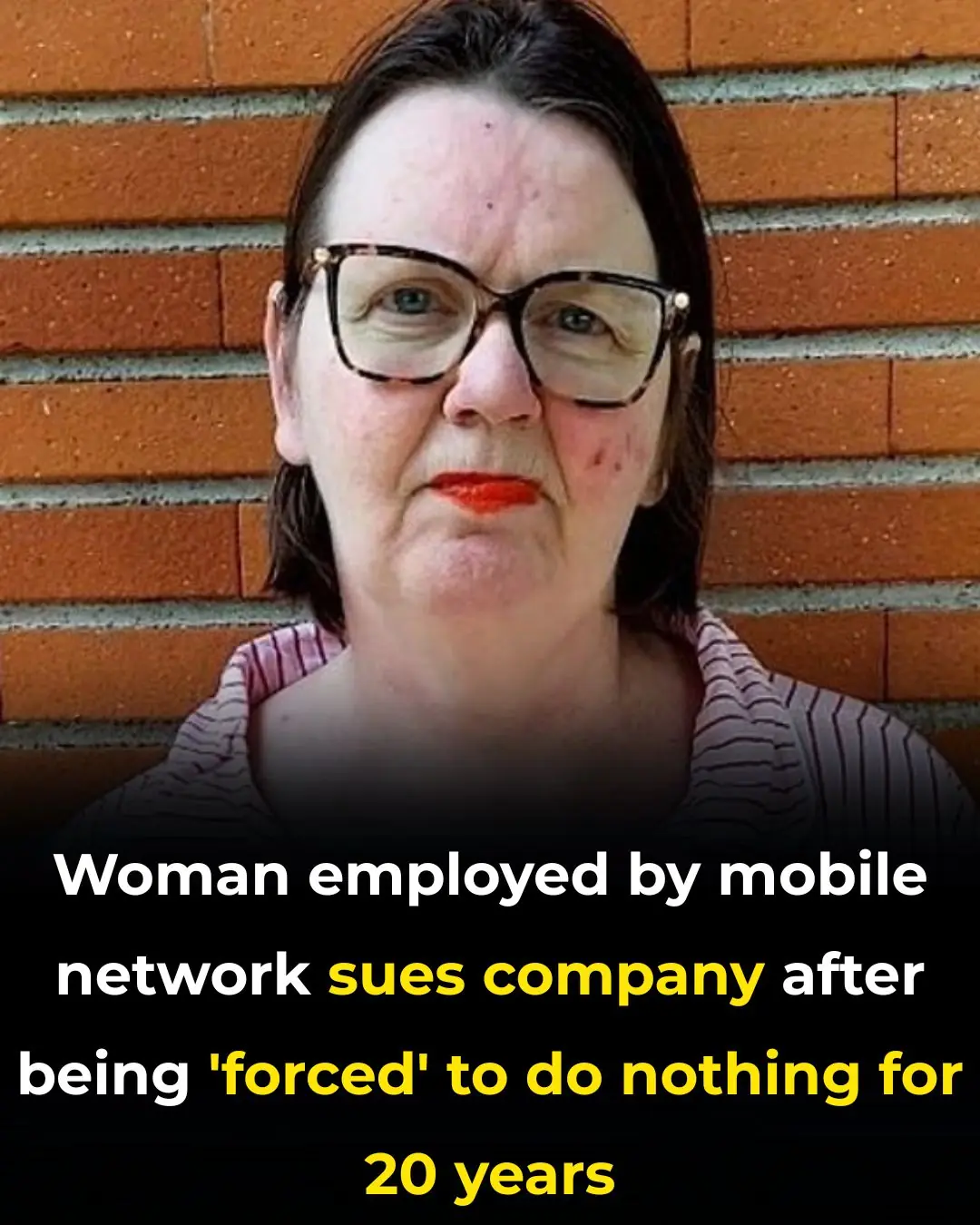
Woman employed by popular mobile network sues company after being 'forced' to do nothing for 20 years

This School Is Teaching Teen Girls Important Life Skills Like Changing Tires and Other Car Maintenance

Indiana Woman Arrested After Traveling To DC To Kidnap And Assassinate Trump
News Post

White Tongue …What It Means and What You Can Do About It

Why Liver Cancer Is Often Detected Late – Important Warning Signs You Shouldn’t Ignore

Tips for Selecting High-Quality Eggs

If You See Someone with Prominent Green Veins, Make Sure to Tell Them This – It Could Save Their Life

How to Safely Remove Super Glue (502) from Your Skin Without Tearing It

The Mystery of the Milk Bottle Dent

Think Twice Before Putting Parchment Paper in the Oven

3 Unusual Signs in the Neck That Could Be Symptoms of Cancer – Don’t Ignore Them!

Consciousness Is Not Confined to the Brain, But Is Connected To The Whole Universe, Scientists Say

Study Finds People With ADHD Listen to Music Differently—Here’s How

Dubai Princess Who Divorced Husband on Instagram Now Engaged to Rapper French Montana
In a twist that has stunned royal watchers and the entertainment world alike, Dubai’s Princess Sheikha Mahra—who publicly divorced her husband via Instagram—has reportedly become engaged to Moroccan-American rapper French Montana. The news comes jus

Military sleep method is 96% successful and will send you to sleep in two minutes
Struggling to sleep? A viral “military sleep method” promises to send you into slumber in just two minutes. With a 96% success rate, it’s being hailed as a game-changer for insomniacs and restless minds alike.

Exactly what happens to your body if you contract chikungunya virus as China enforces 'forceful pandemic measures
Just as the world is still grappling with the lingering effects of COVID-19, a new viral threat has emerged. China is now battling a fast-growing chikungunya outbreak, enforcing strict pandemic-style measures to contain the mosquito-borne disease.
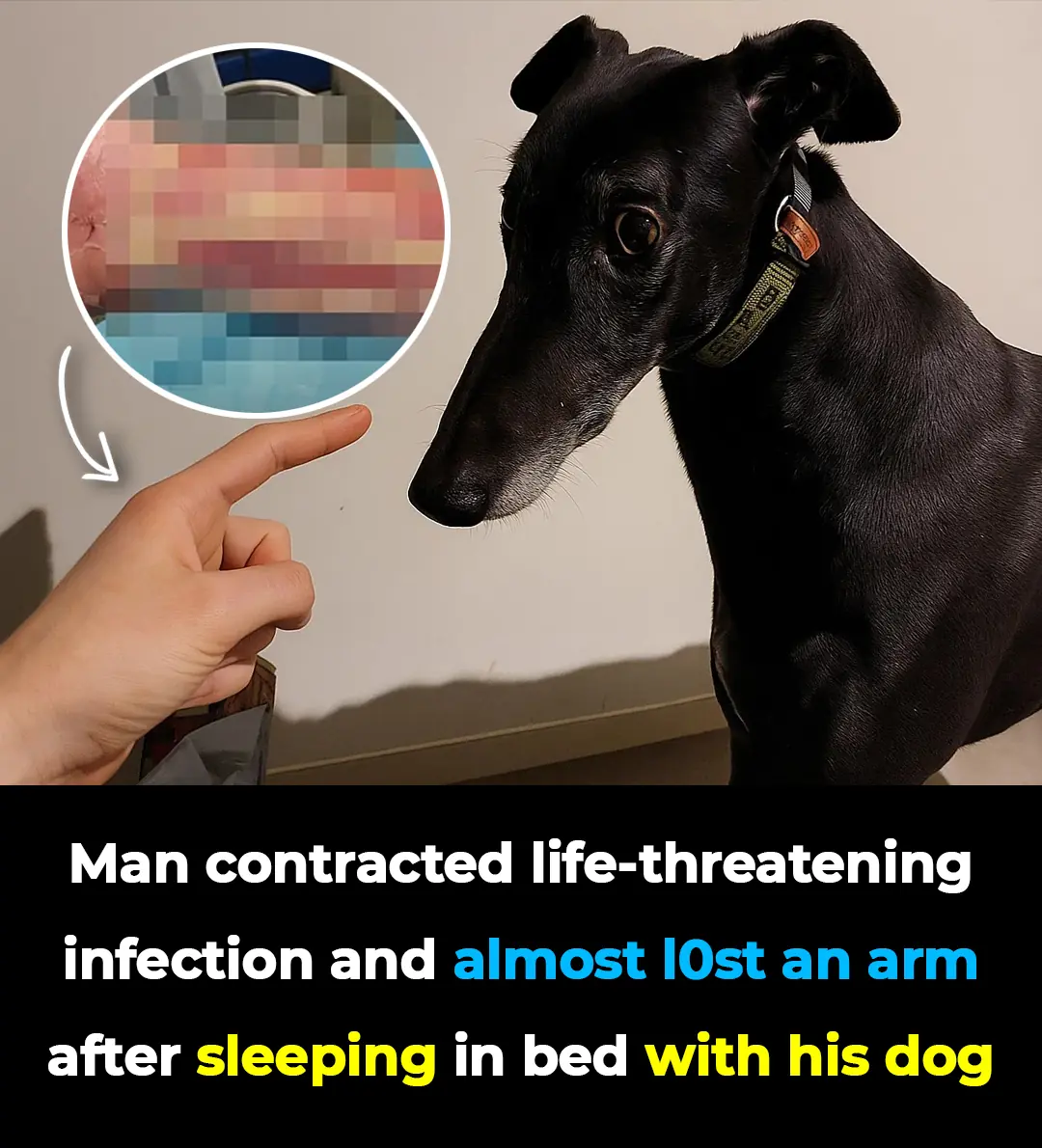
Man contracted life-threatening infection and almost lost an arm after sleeping in bed with his dog
What started as a harmless night sharing a bed with his pet turned into a nightmare. An Australian man contracted a rare, life-threatening bacterial infection after his dog accidentally bit him in his sleep, leaving him close to death and with lasting hea
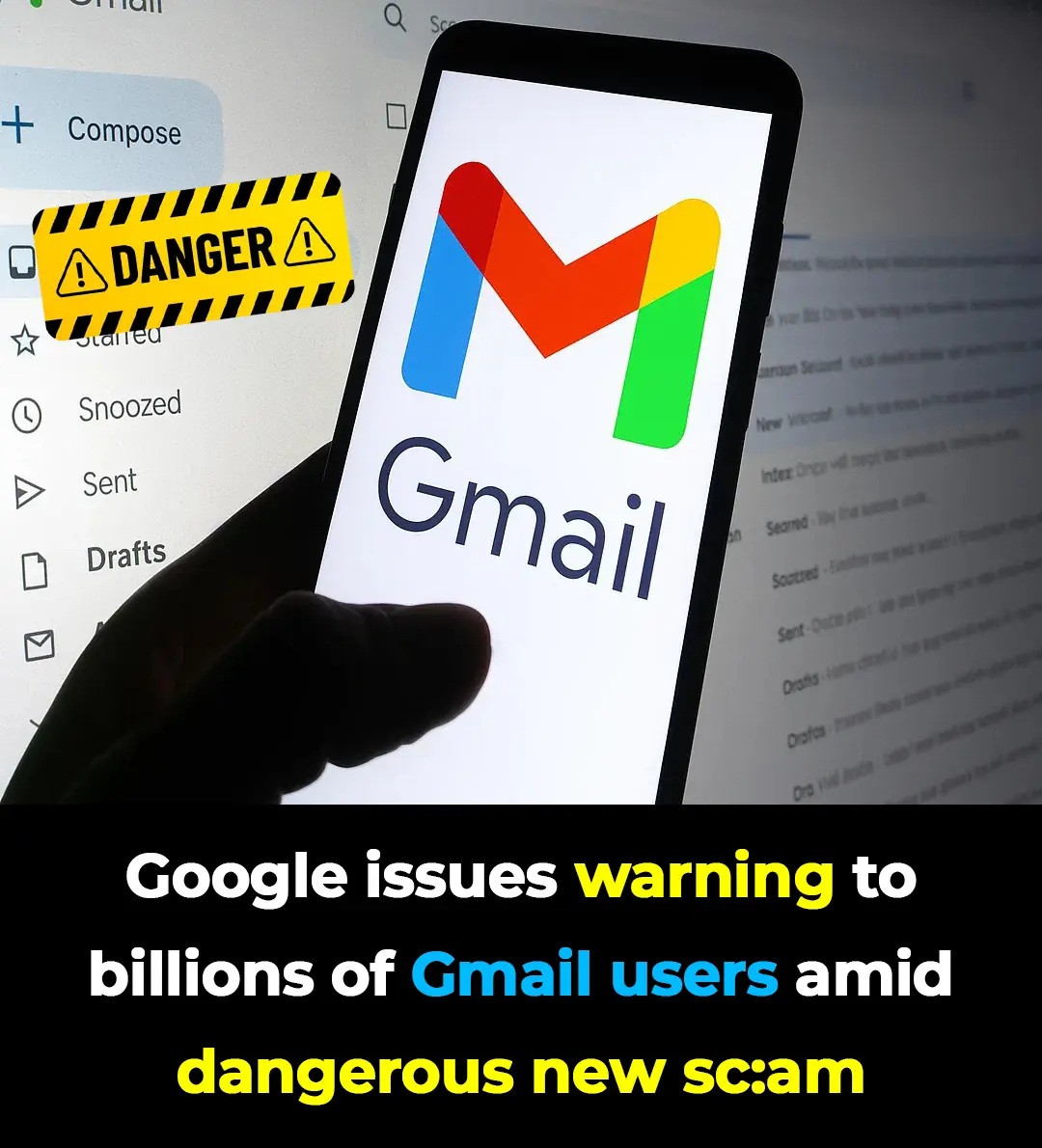
Google issues warning to billions of Gmail users amid dangerous new scam
Billions of Gmail users are being warned of a dangerous new wave of cyberattacks. Google has confirmed that a notorious hacker group is actively exploiting a massive data breach to infiltrate accounts and extort victims.

Billionaire shares plan for $20 million sub voyage to Titanic site to prove industry is safer after OceanGate disaster
One year after the Titan sub disaster claimed five lives, a billionaire is betting $20 million on a daring new voyage to the Titanic wreck. His mission: prove to the world that deep-sea exploration can be safe.

Masterful Painting Of Jesus By 8-Year-Old—Says She Saw The True Face Of Jesus
At just eight years old, Akiane Kramarik stunned the world by painting what she believed was the true face of Jesus. After being lost, hidden, and nearly forgotten for 16 years, her masterpiece “Prince of Peace” has finally returned to the light—alo

Urgent warning issued to travelers as China takes ‘covid measures’ after reporting 7,000 cases of Chikungunya virus
Following guidance from the World Health Organization, China is focusing on mosquito control as the most effective method to prevent further spread.

US man accidentally buys entire street for $5,000 after thinking he was purchasing vacant lot
An Ohio man thought he had struck a bargain at a county auction. But his dream investment quickly spiraled into a nightmare when he discovered he now owned an entire street by mistake.
